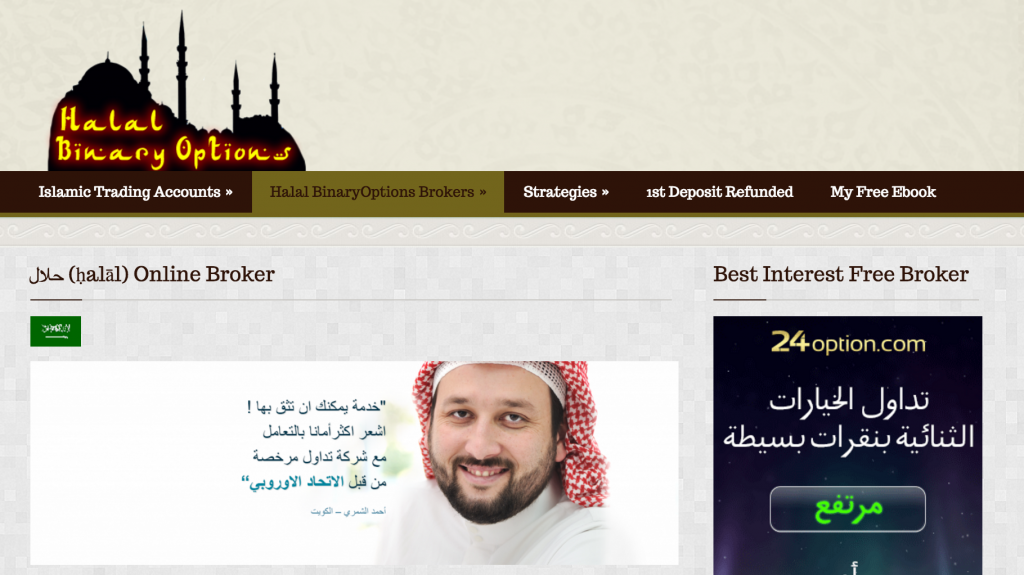In the realm of financial markets, the question of whether binary options trading complies with Islamic law has sparked much debate. For those unfamiliar with binary options, they are financial contracts where traders wager on whether the price of an asset will rise or fall within a set period. The topic of binary options trading and its compatibility with Islamic principles has garnered significant attention among Muslim traders and scholars, prompting an exploration of its implications.

Image: www.timesofisrael.com
Ethics in Binary Options Trading
When evaluating the permissibility of binary options trading from an Islamic perspective, several factors come into play. Firstly, the underlying principle of gharar (uncertainty) is considered. Binary options, by their very nature, involve speculation on future events, creating an element of uncertainty in the outcome. This aspect may raise concerns under Islamic law, which prohibits transactions involving excessive uncertainty or risk.
Moreover, binary options trading often entails a predetermined time frame, adding another layer of uncertainty to the contract. Traders must accurately predict the direction of the asset’s movement not only within a specific duration but also at a set price point. Such conditions can magnify the speculative nature of the transaction, further amplifying concerns about gharar.
Fatwas and Scholarly Opinions
Numerous Islamic scholars and institutions have issued fatwas (religious rulings) regarding binary options trading. These rulings vary in their interpretations, with some deeming it haram (prohibited) and others permitting it under certain conditions.
Those who prohibit binary options trading often cite the element of gharar and the speculative nature of the contracts. They argue that the high degree of uncertainty and risk associated with binary options violates Islamic principles. Additionally, they may view the predetermined time frame as a form of gambling, which is also prohibited in Islam.
Scholars who permit binary options trading under certain conditions may argue that it is permissible if the underlying asset is halal (permissible) and if the trader possesses sufficient knowledge and understanding of the market. They may also emphasize the need for traders to manage risk responsibly and to avoid excessive speculation. However, it is important to note that these opinions may vary depending on the specific circumstances and interpretations of Islamic law.
General FAQ on Binary Options Trading and Islamic Law
Q: Is binary options trading considered gambling in Islam?
A: While some scholars may view binary options as a form of gambling, others may differentiate between trading and gambling based on factors such as knowledge, skill, and risk management.
Q: Can Muslims participate in binary options trading?
A: The permissibility of binary options trading in Islam is a matter of debate among scholars. Some may prohibit it due to concerns about gharar and speculation, while others may permit it under certain conditions.

Image: cerdasberilmu94.blogspot.com
Binary Options Trading Halal Or Haram

Image: paten33j.blogspot.com
Conclusion
Navigating the complexities of binary options trading and its compatibility with Islamic law requires a nuanced understanding of both financial principles and religious rulings. Traders should carefully consider the ethical implications of such transactions, consult with knowledgeable scholars, and prioritize ethical decision-making to ensure compliance with Islamic principles.
If you are interested in learning more about the permissibility of binary options trading in Islam, it is highly recommended to consult with credible Islamic scholars and seek guidance from reputable sources. Remember, financial choices should always be aligned with one’s religious beliefs and ethical values.






